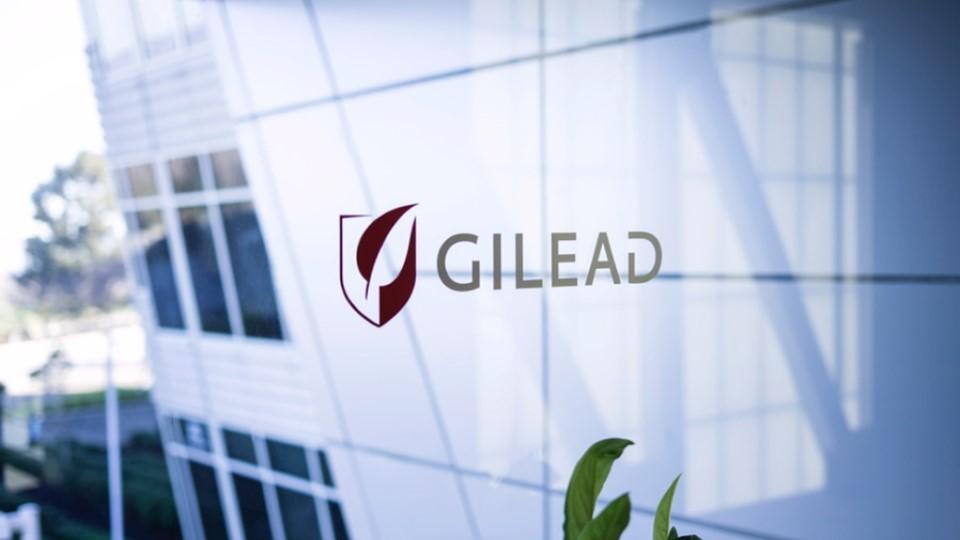Gilead drops magrolimab for myelodysplastic syndromes

Gilead Sciences has said it will stop the development of its cancer antibody magrolimab in blood cancer myelodysplastic syndromes (MDS) after disappointing results in a phase 3 trial.
The company said that the anti-CD47 antibody – the centrepiece of its $4.9 billion acquisition of Forty Seven in 2020 – was unlikely to show efficacy in the ENHANCE study, which was investigating the use of the drug alongside Bristol-Myers Squibb’s Vidaza (azacitidine) in higher-risk MDS patients.
The safety of the antibody was consistent with earlier experience with magrolimab, according to Gilead, which said the antibody remains in a pair of phase 3 trials in acute myeloid leukaemia (AML), as well as earlier-stage studies in other indications.
It is something of a silver lining for Gilead that the decision has been taken as a result of futility analysis on efficacy, rather than for safety concerns that have dogged some members of the anti-CD47 class.
Last year, the FDA imposed a partial clinical hold on the antibody after an imbalance in serious adverse events in clinical trials, preventing the recruitment of new patients into studies, but relaxed the restriction a few months later after an investigation into the safety signal.
Gilead's chief medical officer, Merdad Parsey, said the outcome was “disappointing news”, particularly as there have been no new classes of treatment approved for higher-risk MDS in nearly two decades. In an earlier study, magrolimab plus azacitidine achieved a 91% overall response rate (ORR) in previously-untreated patients with MDS, earning it a breakthrough designation from the FDA.
CD47 losing its lustre
Magrolimab is at the head of a handful of drug candidates coming through the industry pipeline directed either at CD47 – a protein expressed on malignant cells that has long been established as a “don’t eat me” signal that prevents the cancer from being attacked by white blood cells – or the SIRPα receptor with which it interacts.
Toxicity problems have also been seen with some other CD47 candidates, including Surface Oncology’s SRF231 and BMS/Celgene’s CC-9002 – both now discontinued – and the pipeline has also been culled as a result of other decisions by developers.
AbbVie recently pulled out of an R&D partnership with I-Mab on lemzoparlimab, stopping trials in MDS and AML, although it said the decision was taken for strategic reasons, rather than any clinical issue with the drug. I-Mab is continuing to develop the drug independently in China. BMS, meanwhile, switched its attention to SIRPα with its CC-9251 candidate, but also failed to make it out of early-stage development.
ALX Oncology is still pursuing the development of its evorpacept candidate in combination with other drugs in a range of cancers – including MDS, AML, multiple myeloma, and breast, ovarian, and urothelial cancers – while other companies active in the area with clinical-stage compounds include Akeso Biopharma with ligufalimab and Waterstone Hanxbio with HX009, a CD47 and PD-1 bispecific antibody.












